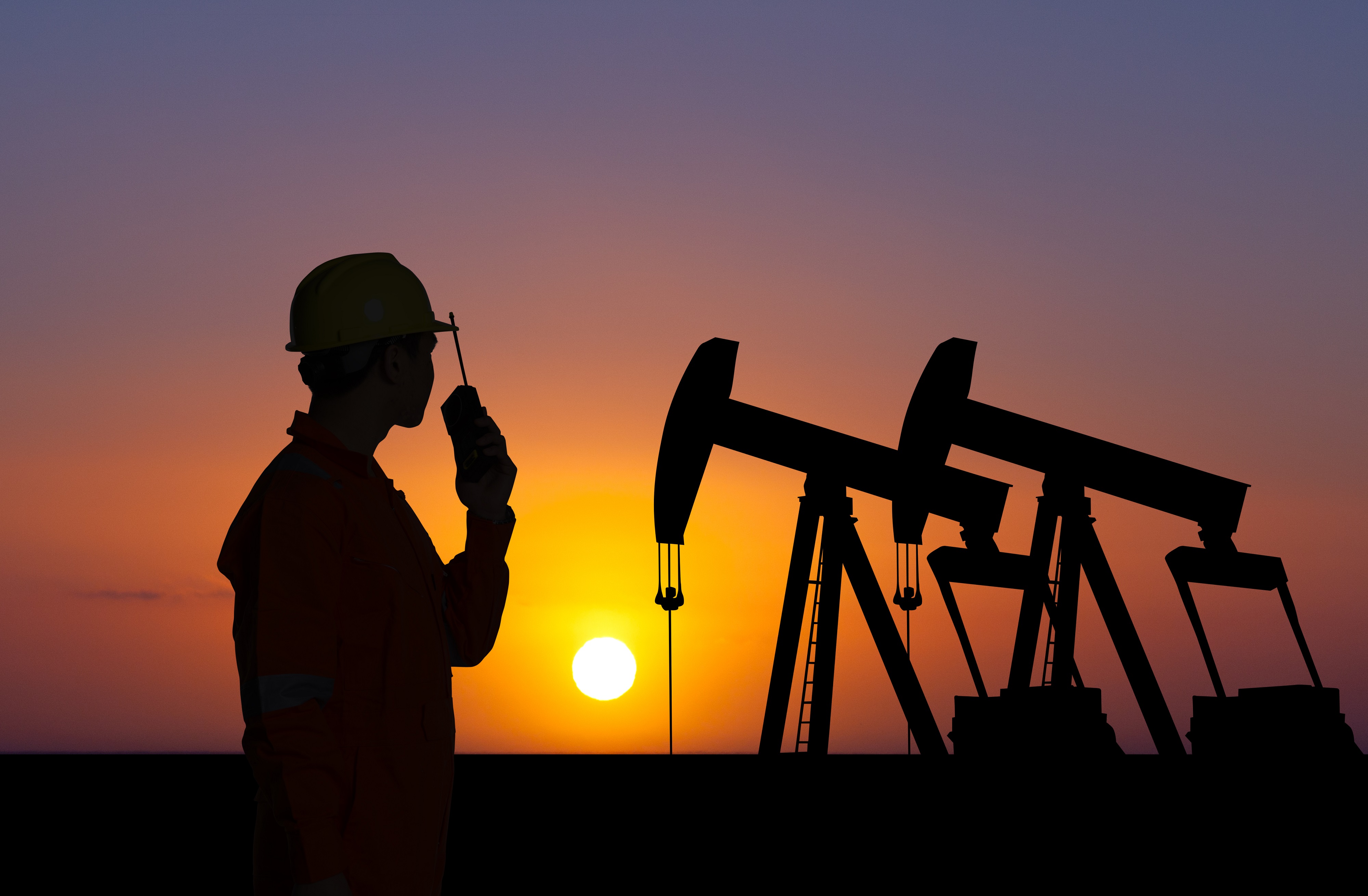

Saudi Arabia’s remarkable ability to maintain its proven oil reserves at a rock-steady level of more than 260 billion barrels for the last three decades, despite a significant ramp-up in production capacity, is one of the market’s enduring mysteries.
Oil giant, Saudi Aramco published its new third party audit of the vast resources lying under the kingdom on 9 January, putting its proven reserves at 268.5 billion barrels, up from a previously estimated 266.3 billion barrels, it said.
The audit, conducted by Dallas-based consultant DeGolyer & MacNaughton, comes as Riyadh seeks to maintain interest in the potential initial public offering (IPO) of Aramco, the cornerstone of Riyadh's economic reform programme.
Saudi Arabia’s gas reserves were also raised to 325.1 trillion cubic feet (tcf), up from 307.9 tcf.
“This certification underscores why every barrel we produce is the most profitable in the world, and why we believe Saudi Aramco is the world’s most valuable company and indeed the world’s most important,” Saudi Energy Minister Khalid al-Falih said in a statement carried by the Saudi Press Agency.
With its current production at around 10 million barrels a day (b/d) this would allow Saudi Arabia, the world's largest crude exporter, to continue pumping oil for nearly 70 years.
The enigma of how Aramco has been able to maintain its oil reserves may soon be cracked, if it goes ahead with a listing. Potential investors – and the industry at large – have been awaiting a glimpse into just how much oil the world’s most valuable company is sitting on.
Several industry sources, including some within Saudi Arabia, said they had no doubts over the credibility of the new number.
"While there may be many factors for its valuation, one of the key factors is the oil reserves,” said one banking source. “At the end of the day, oil companies are in the business of extracting and selling oil. Also it is important to note that all the reserves are in one region as compared to the diverse regions of oil reserves for other IOCs.”
The fact that the increase is less than 5 per cent was one reason the sources cited as making the claim credible.
"It has been Aramco's policy for years to replenish its produced reserves. That means keeping reserves virtually flat year over year. In fact, Aramco has never needed to check the exact reserves. A difference of 10 billion barrels never mattered," one industry source said.
"Now they might feel they need to increase reserves for the IPO. Therefore, in terms of ability and credibility, yes they can and it is credible. If the increase was large, it would raise eyebrows," the source added.
BP's latest statistical review of world energy released last June put Saudi reserves at 266.2 billion barrels in 2017. Its estimates have barely moved since jumping from 169.6 billion barrels to 255 billion barrels in 1988.
Only Venezuela, another Opec member, has comparable reserves at just over 300 billion barrels, although its ultra-heavy oil is much more expensive to extract compared to Saudi Arabia’s.
Russia and the US, who produce about the same amount of crude as Saudi Arabia hold only 156.2 billion barrels combined.
The long-mooted and long-delayed Aramco IPO is the centre piece of an economic reform programme, known as Vision 2030, the brainchild of crown prince Mohammed bin Salman. Shares could be sold on the Saudi Stock Exchange (Tadawul) in Riyadh, as well as a secondary listing on a foreign exchange, although the location has not been announced yet.
The listing, along with governance reforms and Opec’s Saudi-led production cuts with Russia, are all designed to make Aramco more attractive to analysts, exchanges and investors. The latest reserves figures add to this.
However, some argue that the reserves figure may not be that important after all for the IPO. "They are big and strategic and will not run out in our lifetime. The economics of new oil supplies is what matters in the foreseeable future and that's where we need to see more analysis and data," a senior Saudi oil industry source said.
You might also like...

Red Sea Global awards Marina hotel infrastructure
18 April 2024

Aramco allows more time to revise MGS package bids
18 April 2024

Morocco tenders high-speed rail project
18 April 2024
A MEED Subscription...
Subscribe or upgrade your current MEED.com package to support your strategic planning with the MENA region’s best source of business information. Proceed to our online shop below to find out more about the features in each package.





